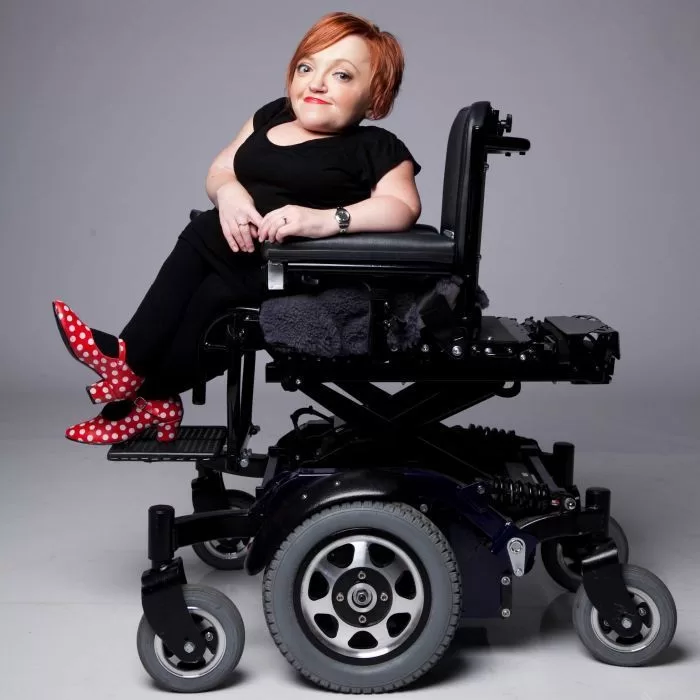Updated on August 24, 2025

In health and social care, the terms “care worker” and “support worker” seem to blend as both jobs involve helping people live better lives. However, the type of help they provide and their work settings differ.
At their core, both care and support workers help people who need extra assistance in daily life.
Care Worker
A care worker is primarily responsible for providing direct personal care. This means hands-on help with daily activities such as washing, dressing, toileting, eating, and mobility.
Care workers often support people who cannot carry out these tasks independently, such as elderly individuals, people with physical disabilities, or those recovering from illness.
Their work is practical and immediate: they ensure that someone is safe, clean, fed, and comfortable. Care workers may also help with medication reminders, monitor health conditions, and talk with the person’s healthcare provider.
They are typically found in:
- Residential care homes and nursing homes
- Domiciliary (home) care services
- Hospitals or hospices.
Support Worker
A support worker’s role is broader and less focused on direct physical care. Instead, it centres on helping people live as independently as possible. That may involve developing life skills, providing emotional encouragement, or helping someone engage in their community.
Support workers are especially common in services for people with learning disabilities, autism, or mental health needs. They might help people manage their money, learn to cook, travel safely on public transport, or apply for a job. In other cases, they may provide companionship, advocacy, and social support.
Settings for support workers include:
- Supported living facilities
- Community outreach programs
- Daycare centres or schools
- Mental health service agencies.
Duties: Care Worker vs Support Worker
Care Worker Duties
- A care worker may assist with bathing, toileting, and grooming, and often help people move safely using hoists, wheelchairs, or other mobility aids.
- Preparing meals and feeding where necessary is another common part of the job, along with administering or reminding about medication.
- Care workers also keep accurate records of the care they deliver and ensure that the living environment remains safe and comfortable.
Support Worker Duties
- Support workers may help someone manage budgeting, shopping, and paying bills.
- Much of the role involves encouraging skill development, such as teaching cooking, cleaning, or travel training to promote self-sufficiency.
- Support workers also assist people in accessing education, employment, or community activities.
- Providing emotional support and companionship is key, as is advocating for clients in meetings or healthcare settings.
- Ultimately, the aim is to promote confidence and independence so that individuals can participate more fully in everyday life.
Examples
Care Worker
Mary is 82, living in a residential care home, and has dementia. She needs help every morning to get out of bed, bathe, and dress. Her care worker assists her with washing, ensures she takes her medication on time, and prepares her breakfast. The focus is on keeping Mary safe, clean, nourished, and comfortable throughout the day.
Support Worker
James is 25 and has autism. He lives in a supported living apartment with two other young adults. His support worker spends the afternoon helping him plan meals, go grocery shopping, and practice using public transport so he can travel independently to a training course. The emphasis is not on doing tasks for James but on guiding him to build confidence and independence.
Skills and Training Requirements
Care Worker Skills and Training:
- Strong physical stamina for lifting, moving, and assisting people
- Knowledge of infection control, safe moving, and handling
- Good observational skills to notice changes in health or well-being
- Basic first aid and safeguarding training
- Entry-level qualifications such as National Vocational Qualification (NVQ, UK) or equivalent in health and social care
Support Worker Skills and Training:
- Excellent communication and listening skills
- Ability to motivate and encourage others
- Understanding of mental health, autism, or learning disabilities
- Skills in conflict resolution and de-escalation techniques
- Training in person-centred care approaches
- Qualifications can include NVQs in social care or specialised training in mental health support.
While care workers lean more toward practical health and safety knowledge, support workers lean toward interpersonal and developmental skills. However, many training areas overlap, especially safeguarding and professional boundaries.
Work Environments and Client Groups
The environment shapes the nature of the job.
Care Workers are most often found in residential care homes, nursing homes, or providing domiciliary care visits to people’s private homes. Their clients are typically elderly, frail, or living with chronic physical conditions. Care workers may also work in hospices, where end-of-life comfort is important.
Support Workers often work in community-based settings. They may be part of a supported living arrangement where people with disabilities share housing but live more independently. They may also work in day centres, schools, or mental health outreach services. Their clients are often younger adults or teenagers with developmental or psychological needs. However, they can also work with older people who want independence.
This difference in setting reflects the roles: care workers sustain daily living, support workers open doors to wider participation.
One reason people mix up the two titles is that responsibilities can overlap. A care worker might encourage independence, while a support worker may sometimes provide physical care if a client needs it.
Employers and service providers also use the job titles differently depending on the region or organisation. Sometimes, “support worker” is the preferred label for both duties. This makes clear definitions harder, but the distinction outlined in this article is direct personal care versus independence support, and remains the clearest way to separate the roles.
Career Development and Progression
While this isn’t a career advice article, it’s useful to understand how these roles fit into the broader health and social care system.
Care workers may progress into senior care worker or team leader roles, then into healthcare assistant positions, nursing support, or even training as nurses. Their pathway often leads toward more clinical or health-based responsibilities.
Support Workers may advance into senior support worker or service coordinator roles, or branch into fields like social work, counselling, or mental health services. Their pathway leans more toward social care and advocacy.
Both roles provide strong experiences in people-focused work, and skills are transferable across the care sector.
To conclude, care and support workers play vital parts in health and social care, but their focus differs. To sum up: Care workers provide hands-on, personal care to ensure daily needs are met. Support workers enable independence, social inclusion, and personal development.
Care workers care for people, and support workers support people towards independence. Knowing the difference helps families know what kind of support to seek and helps professionals understand how services fit together.
MORE FROM CENTRE DISABILITY SUPPORT
NDIS Worker Screening Check: A Guide
How to Address Burnout Among Disability Support Workers
How To Become An NDIS Support Worker
Are Support Workers Mandatory Reporters?
Can Support Workers Administer Medication?
How to Become a Disability Support Worker in Australia



